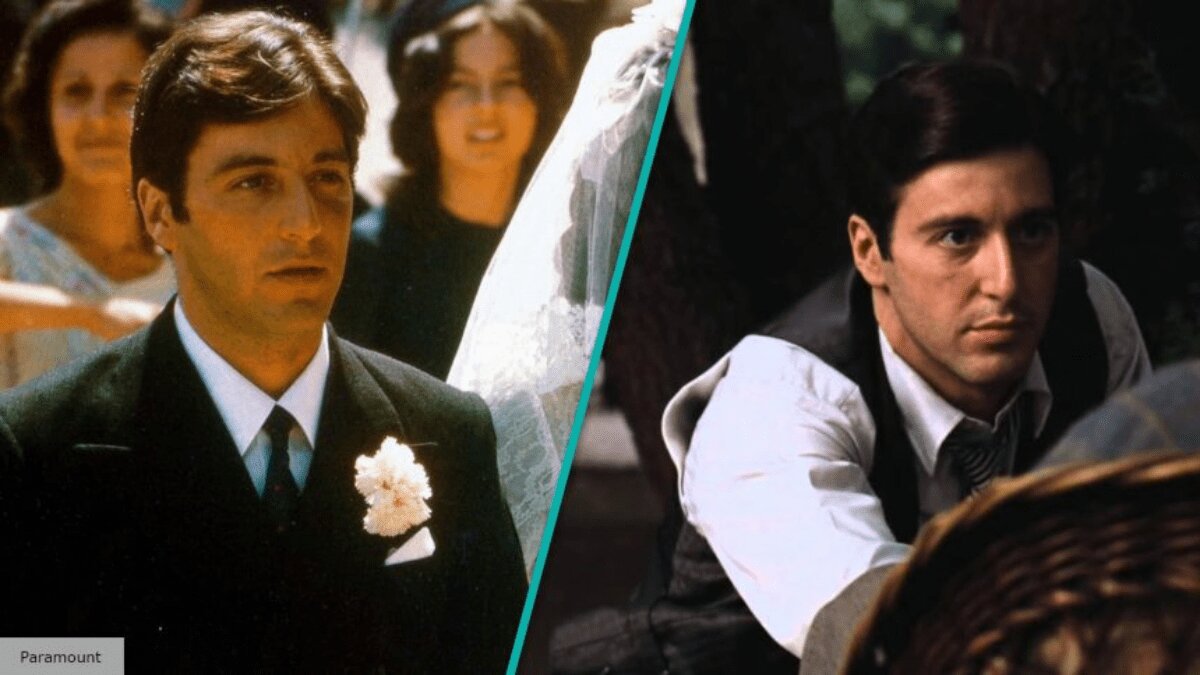In Francis Ford Coppola’s cinematic masterpiece, “The Godfather,” Al Pacino’s portrayal of Michael Corleone catapulted him into the spotlight, forever altering the trajectory of his career. Reflecting on his journey with the film, Pacino delves into the unexpected turn of events that led to his iconic role.
In a conversation with the New York Times, Pacino recounts how Coppola, despite facing resistance from the studio, was steadfast in his determination to assemble the perfect cast. Pacino, along with other acclaimed actors like Marlon Brando, James Caan, and Robert Duvall, faced initial rejection from the studio. Pacino vividly remembers his disbelief when Coppola, then in his early thirties, approached him for the role of Michael Corleone.
Recalling the moment, Pacino humorously admits, “Not only was he directing it, but he wanted me to do it. I’m sorry, I don’t mean to laugh here. It just seemed so outrageous. Here I am, talking to somebody who I think is flipped out.” Despite his initial skepticism, Pacino acquiesced, feigning enthusiasm while inwardly questioning the director’s sanity.
However, as filming progressed, Pacino found himself drawn into Coppola’s vision, gradually realizing the magnitude of the project they were undertaking. He recounts a poignant moment during the funeral scene for Marlon Brando’s character, when he encountered Coppola overcome with emotion. Witnessing the director’s profound investment in the film, Pacino gained newfound confidence in its potential greatness.
“When I saw Francis weeping like a baby,” Pacino recalls, “I thought: OK. I guess I’m in a good film here. Because he had this kind of passion and there it is.” In that moment, amidst Coppola’s tears, Pacino recognized the unwavering commitment and artistic fervor driving “The Godfather” towards cinematic immortality.
Through Pacino’s recollections, we gain insight into the behind-the-scenes dynamics that shaped one of the most revered films in cinematic history. His journey from skepticism to reverence mirrors the transformative power of Coppola’s directorial vision, underscoring the enduring impact of “The Godfather” on both its creators and audiences alike.


